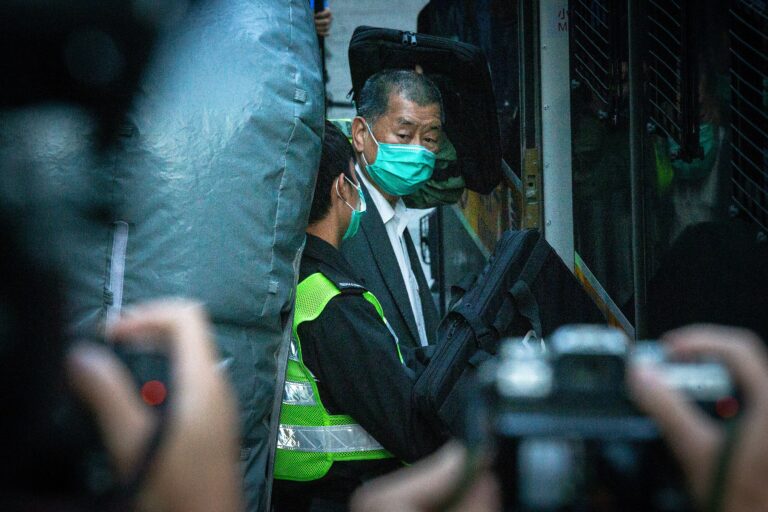February 14,2001
Volume 3/ Number 5
Dear Colleague:
On February 15th the population controllers are slated to receive an additional $40 million for “population stabilization” (on top of the US Agency for International Development’s current $385 million budget), unless President Bush intervenes. Recent evidence from Tanzania, Kenya and Peru suggests that he should.
Steven W. Mosher
President
Their Appointed Rounds
In the East African country of Tanzania, the road system consists of crumbling asphalt and dirt tracks. Travel in the countryside is only possible in 4-wheel-drive vehicles, or on foot. The land is fertile and there is no scarcity of food, but the lack of good roads has made it impossible to transport farm products to market. This keeps the villagers out of the cash economy, and makes the cost of owning a car or operating small machinery cost prohibitive. With the cost of fuel soaring, many villagers cannot even afford to buy kerosene for lamps.
Yet each month family planning officials, funded in part by the US Agency for International Development, appear in even the remotest villages. The lack of good roads is no barrier for these officials, for they drive new and expensive Land Rovers, capable of negotiating the most difficult terrain. They are part of the government’s health service, but they bring with them not medicines for the village clinic, but contraceptives.
“They go door- to-door and tell each woman they have a choice,” says Elizabeth Liagin, an investigative journalist who recently visited Tanzania. “She can elect to have ‘the Shot’ or ‘the Pill.’ No other choices are given.”
Confronted with an authority figure from the government, Liagin reports, village women feel intimidated to accept one or the other. If they opt for ‘the Pill,’ they are told by the family planning official to save the empty package as proof that they actually took the pills that were left for them.
Abuses are not limited to Tanzania, reports Liagin, who has written a book about population control in Africa called Excessive Force: Power, Politics & Population control. In the neighboring country of Kenya, women undergoing a caesarean section are often sterilized without their foreknowledge or consent. Government officials will offer to implant Norplant or insert an IUD for free, but if complications arise the women are on their own.
In Peru, despite promises from USAID to correct family planning abuses, problems continue. Dr. Blanca Neira of Lima recently told Population Research Institute that state-funded hospitals routinely use manual vacuum aspirators on poor women who complain that their period is late. Doctors immediately and without consent (the women think that he is merely examining them) use an aspirator to evacuate the contents of the uterus. If the woman was pregnant, as many of these women undoubtedly are, this is a form of abortion.
Last March the Foreign Operations Appropriations Committee, chaired by Representative Sonny Callahan, rebuffed President Clinton’s attempt to give USAID a $149 million increase for family planning. Unless the Committee was assured that abuses in Peru and elsewhere had ceased, Chairman Callahan let it be known, the money would not be forthcoming.
Yet, under an agreement between Congress and the White House last fall, USAID will receive a budgetary increase of $40 million dollars on February 15, unless the new President puts a hold on these funds. Given the human rights abuses listed above, it would be inappropriate to do anything else.






